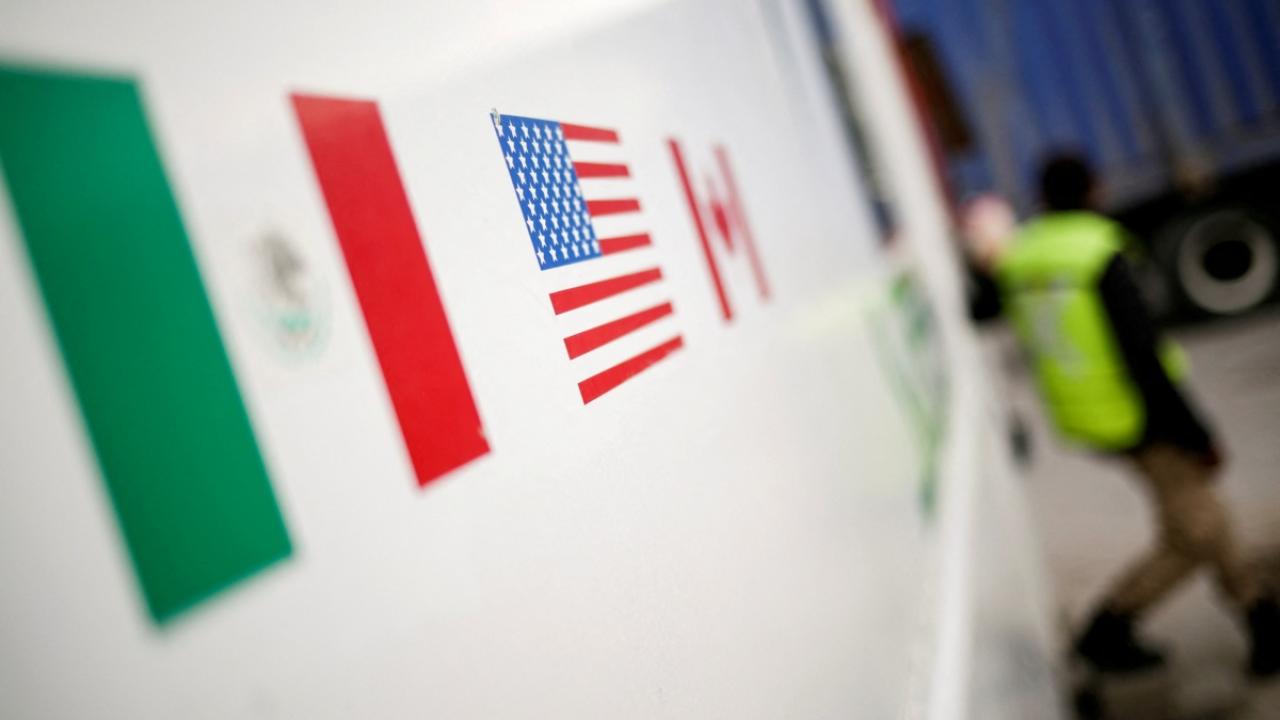
The Rapid Response Labor Mechanism has shown that the new rules of union democracy and collective bargaining have not yet fully permeated into practice.
The T-MEC was in force for four years and with it, the Rapid Response Labor Mechanism (MLRR), a tool to resolve non-compliance and discrepancies in respect for the rights of workers in export companies.
Mexico has been in the dock almost every time this resource has been activated.
According to the specialists consulted, the MLRR has been effective and is a tool that has made it possible to make visible the challenges that the country still has, this despite the change in the rules in union democracy and collective bargaining after the 2019 labor reform to harmonize the legislation with the commitments derived from the trade agreement with the United States and Canada.
“The mechanism in its objective has been successful. It can still be perfected, but in the end of the mechanism, respect for the collective rights of workers has been achieved. We have many complaints and surely more will continue to arrive,” says Alfredo Kupfer, partner in the Labor, Social Security and Immigration practice at Sánchez Devanny.
In the four years the treaty has been in effect, Mexico has received 26 formal complaints through the Rapid Response Labor Mechanism, almost all of which have been filed by the United States.
“The rapid response mechanism has been effective and useful to enforce the exercise of freedom of association in Mexico, the main cases in which there are new collective contracts, legitimate unions using freedom of association, have been the moments in which The mechanism has been activated,” says Héctor de la Cueva, coordinator of the Center for Labor Research and Trade Union Consulting (CILAS).
For the specialist, one of the reflections regarding the use of the mechanism is that it has generated two inadequate impressions. The first, that collective conflicts are only attended to when there is a complaint within the framework of the T-MEC, and that indicates that “there is a problem with the so-called new labor model”; The second, the number of complaints presented positions Mexico as the only country that does not comply and the reality is that “in the United States not everything is wonderful; especially in the south there are many violations of freedom of association.”
From the perspective of Alfredo Kupfer, another scenario of the MLLR is that it has also been activated for cases that can be resolved by the Mexican labor authorities.
“It is concerning that the mechanism that should be used for serious aspects is being used as the fastest way to resolve any labor dispute.”
So far this year, and at the time of going to press, Mexico has admitted six formal complaints for possible denial of rights. The last two cases – still open – were against the Volkswagen plant in Puebla and Industrias Tecnos.
The objective of the Mechanism is to offer an agile solution to possible breaches of collective rights in industries linked to the T-MEC and thus avoid the installation of a labor panel and sanctions such as tariffs or export bans.
Specialists agree that the tool has shown the challenges so that the changes made with the 2019 reform are reflected in practice.
WHAT'S NEXT FOR THE MLRR?
For Héctor de la Cueva, the mechanism has areas of opportunity, the expansion of the sectors in which it is activated is one of them, as is the possibility of filing a complaint due to an error by the new labor authorities.
“The sectors that the treaty prioritizes today are established based on the commercial relations between the countries. But it could be expanded to more industries than those mentioned in the treaty and even work the other way around: it should also be thought about applying it more towards the United States and Canada,” says the specialist.
For his part, Alfredo Kupfer sees an area of improvement in the possibility of filing formal complaints against unions.
“It is one of the aspects that can be improved. It is only contemplated that the party being sued and subject to the denial of rights is a company, when there may be cases, and we have seen them, in which it is the union that generates the circumstances that do not allow workers to freely exercise their rights."
The specialist agrees on an even floor in the presentation of labor complaints, since Mexico has a more complicated route to activate the MLRR.
“We have the disadvantage vis-à-vis our trading partners that a complaint cannot be filed if the issue has not been resolved in some of the organizations in those countries,” unlike Mexico where a complaint can be filed, even if a process already exists. initiated before some authority.









